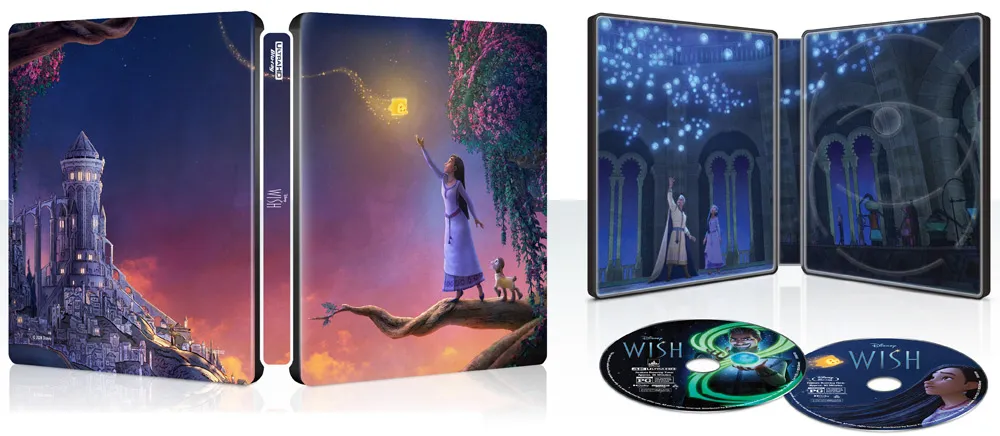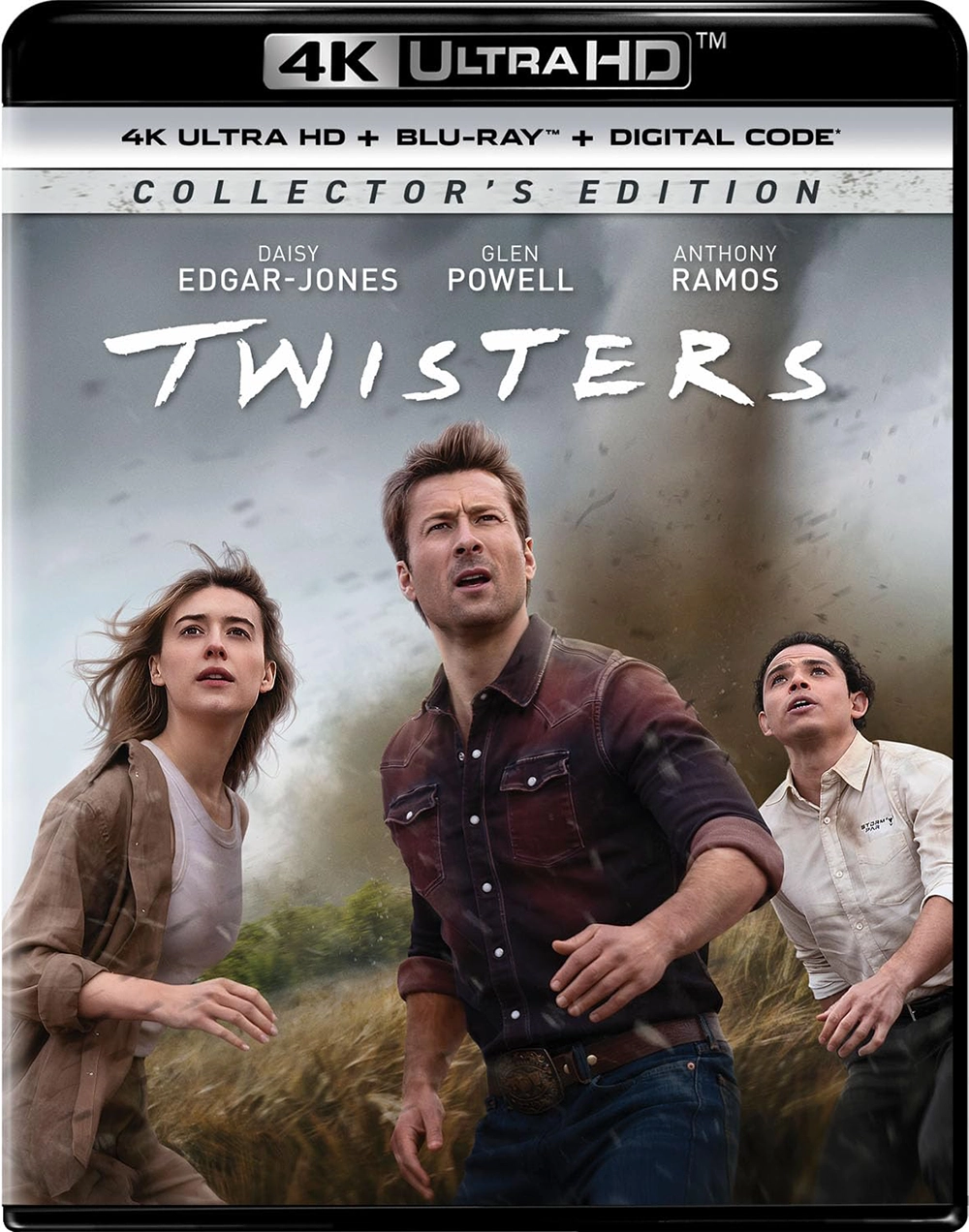“Why do we fall down?” It is a question that is at the heart of 2005’s Batman Begins. When the world literally takes a crap on your head, be you a millionaire playboy, or a man living on the streets with nothing but the clothes on his back, the question is asked because the answer is the soul, the true soul, of Christopher Nolan’s Dark Knight Trilogy. Why do we fall down? So we can learn to get back up again.
In 2008’s The Dark Knight, Nolan showed us a world that was starting to learn to get back up again. Batman (Christian Bale) had pushed the criminal element to the brink, and teamed with good guy public servant, Harvey Dent (Aaron Eckhart) and Gotham PD Lieutenant-and later Commissioner-Jim Gordon (Gary Oldman), the three men were about to eradicate the crime and corruption from Gotham City, and set her on a path of decency. But then came a tornado of chaos that tore at that core, and Dent, the White Knight of Gotham, was lost to it. Only by sacrificing himself could the Batman hide that fact that the true face of good in Gotham died a monster that had been corrupted and disfigured by the chaos. It was a sacrifice that would prove very costly.
In The Dark Knight Rises, we re-join Gotham City eight years after that decision was made. Where Harvey Dent died a hero, and the true savior of Gotham was driven underground where he stayed, retired and satisfied that the city was finally a safer, better place than it had been before he took up the cape and cowl. Major crime is way down, and the city has returned to being one of the shining jewels of the world in regards to economic and cultural prosperity. And that kind of prosperity attracts the wrong kind of people. All is well in Gotham City until a man in a mask shows up to deliver his reckoning upon her, which forces Batman out of retirement and into a fight for not only the life of Gotham City, but his own life as well.
The Dark Knight Rises is the final act in Christopher Nolan’s masterpiece. But it is not the best film in the trilogy, as not many films can come close to the level of greatness of The Dark Knight. In fact, TDKR is more akin to Batman Begins in both style and substance. Does that make a fitting end chapter to the trilogy as a whole? Yes. But TDKR is a flawed film, and the flaws lie within the storytelling and plot.
At a run time of 2:45, there are still vital things missing in the narrative. The film needs much better transitions between scenes, which would have made the world of difference in the overall storytelling. And there are nonsensical holes in the story development. These gaps in logic have to be swallowed to enjoy the movie, even though one or two are jarring. Very jarring.
Unfortunately, these flaws fall on the shoulders of Nolan as director and co-writer (along with his brother Jonathan, based on a story by the Nolans and David S. Goyer). As I watched the film, I kept asking myself, could the Nolans have sidestepped this by going another route? Would two lines of dialogue be enough exposition to justify what I just saw? And there were times when I had to just ask myself, why? Especially at the very end, as a groan-inducing scene unfolded before my eyes.
And as a lifelong fan of the source material, I was kind of surprised that the film drew from not just one famous comic storyline, but from two. I think it was a heady task to try and cram that much story into one film, and that may be why there are problems with this film. Christopher Nolan may have bitten off more than he could chew.
But there are a great many things that TDKR gets right. Tom Hardy’s Bane is a great character. And Hardy knocks it out of the park. Not on the level of The Dark Knight’s Heath Ledger as the Joker, but Hardy’s Bane is a different beast (beast being the operative word here). With a mask on his face for 99% of the movie, Hardy can only physically act with his eyes, and his mannerisms, and he delivers. His voice is good and ominous, when you can understand it. Yes, there are still lines that are muffled beyond comprehension, unfortunately, and his physical presence is frightening. Hardy reportedly put on 30 lbs. of muscle for the role, and it shows on film. In Bane, Nolan tapped the one character in the mythos that can match Batman mentally, and best him physically. And it works here.
But while Bane is a savage beast, Selina Kyle (Anne Hathaway) is a pussycat (every ounce of pun intended). Kyle is a master thief drawn to Gotham by the sheer amount of wealth and she inadvertently gets drawn into the battle for the soul of Gotham as it unfolds around her. Hathaway is brilliant as Kyle. I’d even venture to say that she is the best actress to play the role (of the six). The only problem here is that her character doesn’t fit into this movie, or this story. You could swap her out with any one of Batman’s allies and it would still work. But then again, Robin never looked that good in black leather.
Christian Bale returns as Batman/Bruce Wayne, and for the first time in three films, Bale is able to round out Batman/Wayne with a range of emotion and substance. A lot of the film is carried on Bale’s shoulders, and he delivers for the most part. We actually see the tortured soul that was only hinted at in Batman Begins. Silly voice aside, Bale finally delivers his best Batman/Bruce Wayne performance yet.
TDKR also brings back Jim Gordon (Gary Oldman), Lucious Fox (Morgan Freeman) and Alfred Pennyworth (Michael Caine) and also introduces new characters like John Blake (Joseph Gordon-Levitt), a young cop who remembers the Batman, and what he meant to the city before he went “rogue,” and Miranda Tate (Marion Cotillard) who owns a company that wants to partner with Wayne Enterprises to develop clean energy. Tate also serves as a love interest to Bruce Wayne and who later helps him reconnect with the world, even as it begins to crumble around him.
The action pieces are on par with the previous two films; so expect jaw-dropping car chases and explosions, and incredible amounts of destruction. It is during these scenes that the IMAX footage really shines. Nolan shot over half of the film on IMAX cameras and it is evident during the action scenes. For that reason alone, it is worth seeing TDKR on an IMAX screen.
The Dark Knight Rises is a good film, but is not without its problems. Flaws and logic problems hinder the story and plot, and only the great performances by the leads save it from mediocrity. It ties in directly to the films that came before it and is a decent ending to the trilogy that began in 2005. Regardless of the flaws in this film, The Dark Knight Trilogy will always be considered one of the great film trilogies in history.
Throughout the course of the series, Gotham City was down, was raised up, was knocked down again (hard), and at the end of this film, we are lead to believe that she has finally learned how to get up again. The Dark Knight Trilogy isn’t about Batman, or the villains; it’s about the city. Gotham City. Bruce Wayne believed in Gotham City enough to put on a cape and fight for her. And his allies believed in Batman enough to help him.
Each of Nolan’s Batman films are a story about the power struggle to control the soul of Gotham, and finally, after three films, some incredible performances, and over a billion dollars in box office receipts, Gotham City is left to rise again, free to grow because Batman was the hero that Gotham City needed.
That is the best thing to take away from The Dark Knight Rises and this trilogy. In five-to-seven years, when Warner Bros. and DC Comics reboots the series yet again, a new creative team will tackle the property and everything will begin again. Gotham City will once again be under siege and a new Batman will rise to fight for her.
The Dark Knight Rises opened in theaters and IMAX on July 20, 2012.


